 Mr Kanwaljit Singh Bakshi M P – Column
Mr Kanwaljit Singh Bakshi M P – Column
Before National came to power, our welfare system simply expanded to meet demand, without investing in support to get people into work, or preventing long-term benefit dependency. We didn’t think that was good enough. After comprehensive changes through our welfare reforms, an average of 1,500 people are moving off welfare and into work each week. Being off welfare and in work means a better life, better opportunities, and a brighter future for people and their families.
The welfare system will always be there to support people who genuinely need it. But we believe long-term……. welfare dependency can become a trap, leading to a life of limited choice and limited outcomes. We’re helping people into work with subsidies for childcare and training, workplace support, and access to health and disability support services.
Recent figures show the benefits of going from welfare to work. An average sole parent in South Auckland with two children under 13,working 15 hours while receiving a benefit, would take home $750 a week. That’s $107 more each week than the $642 they’d receive on benefit – including the Accommodation Supplement and a minimal allowance for costs. If they were working 40 hours a week on a minimum wage, they would be $190 better off at $833 a week with the Family Tax Credit, Accommodation Supplement and In-Work Tax Credit.
The benefits of work for a single person are also clear. If they work 40 hours a week on a minimum wage they will be earning $520 a week – about $200 better off than a single person on Job seeker Support with Accommodation Supplement and minimal allowances. It can be daunting to move off a benefit, and it can be tough putting yourself out there for different jobs.
But when someone offers you a job, it’s a great confidence boost. And going to work brings a sense of pride and independence. It also creates a positive picture for children of what their future could be – going to work and earning money.
National believes people in employment can gain more skills, higher wages, and a better lifestyle. This also contributes to building a more competitive and productive economy for New Zealand – one of our priorities this term.









